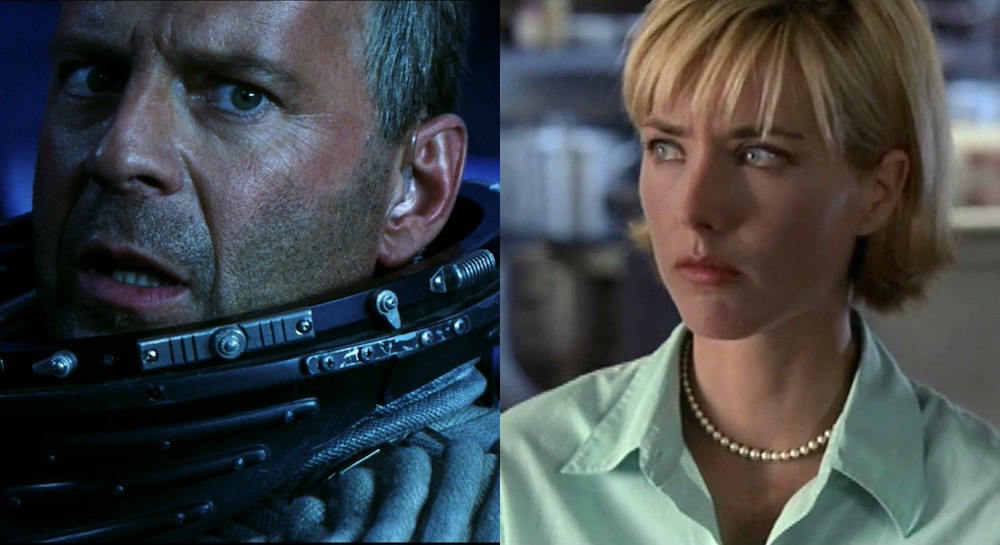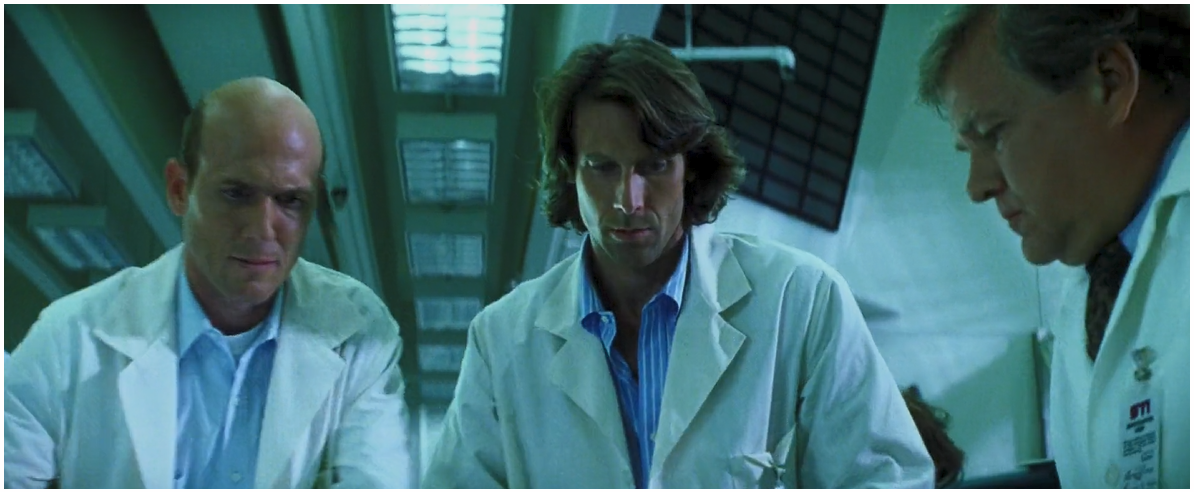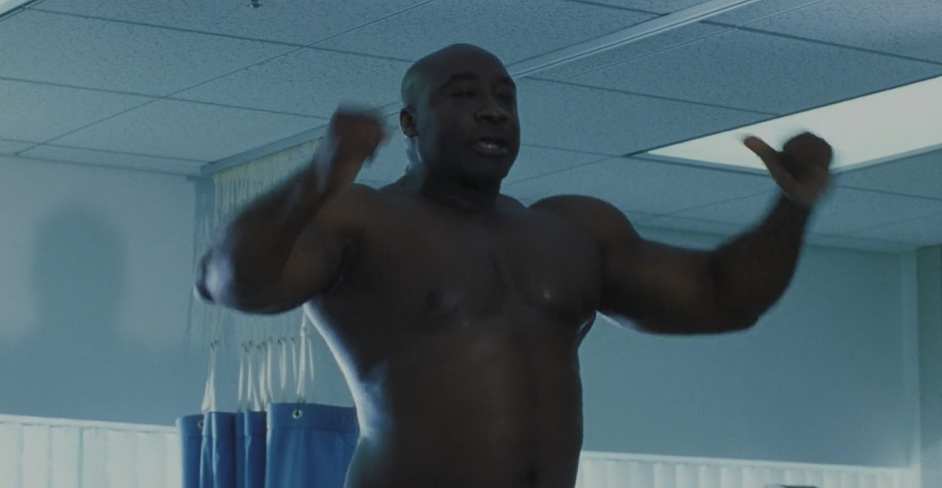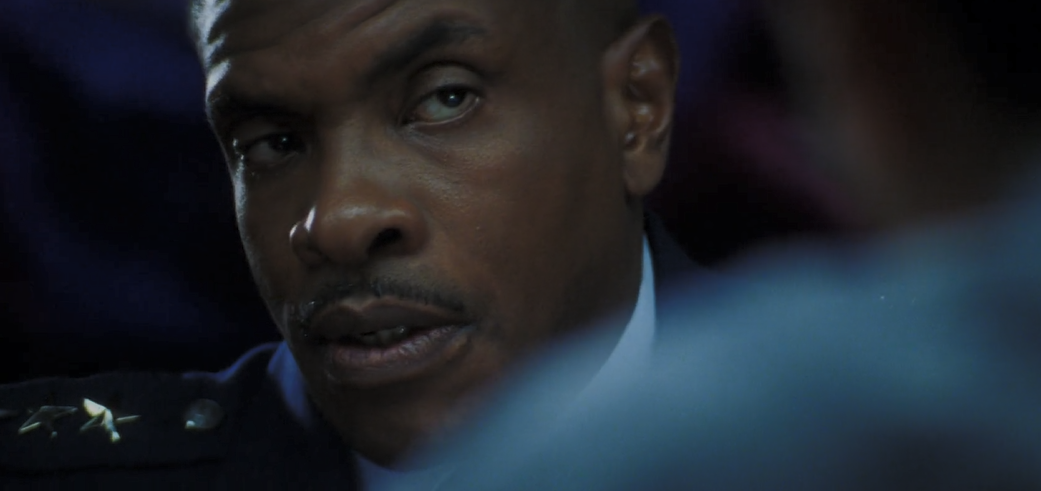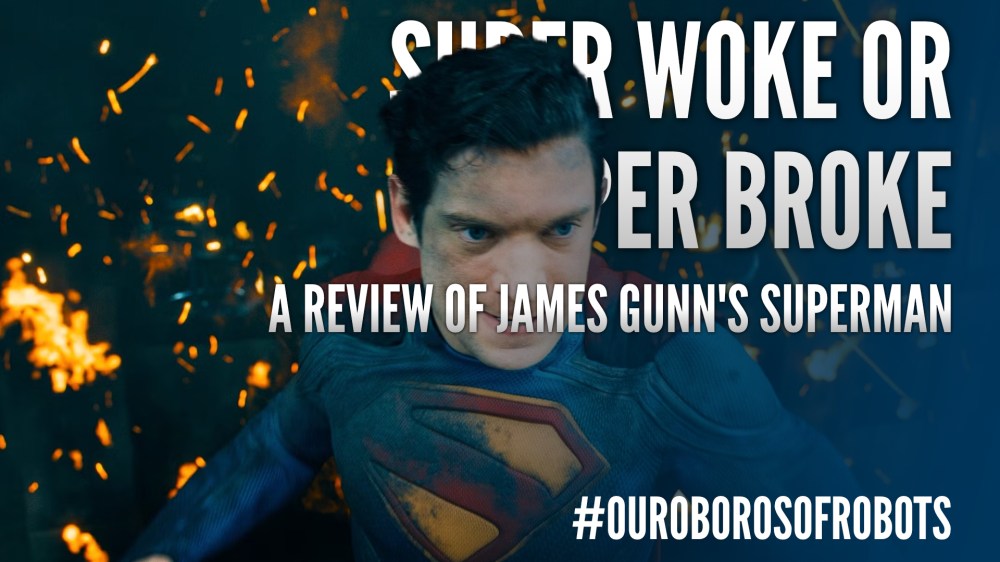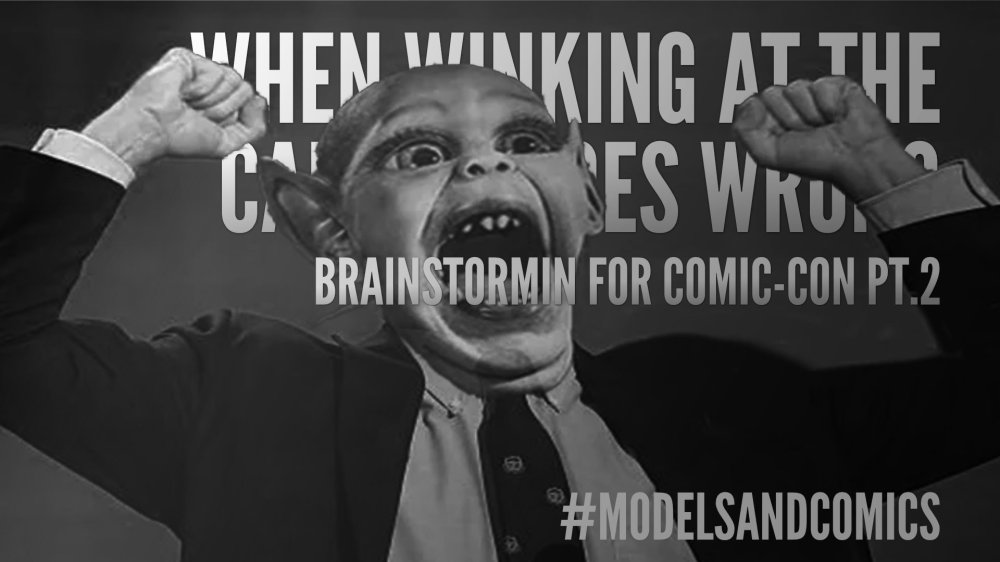The guys (Kareem, Ken, and Pat) conclude their review of Armageddon and Deep Impact in debate form and pick which is the best movie. Tangents include April O’Neil fighting deadbeat dads, hiring dollar store Ed Harris, drilling depths are BS, and more.
Show Notes
UPDATED: MAY 9, 2018 1:13 PM
POSTED: MAY 8, 2018 12:37 PM
Two decades ago, mankind was nearly destroyed by a giant space rock. Twice. The year was 1998, the films were Mimi Leder’s Deep Impact and Michael Bay’s Armageddon, and it still seems weird after all this time that such an incredibly specific idea for a blockbuster would yield two films within two months of each other. It’s difficult to talk about one space rock movie without at least mentioning the other, and the temptation to compare them is just too strong.
So, let’s give in to temptation as today is the 20th anniversary of Deep Impact (Armageddon is the younger of the two by a couple of months). Deep Impact and Armageddon, 20 years later – which film best stands the test of time?
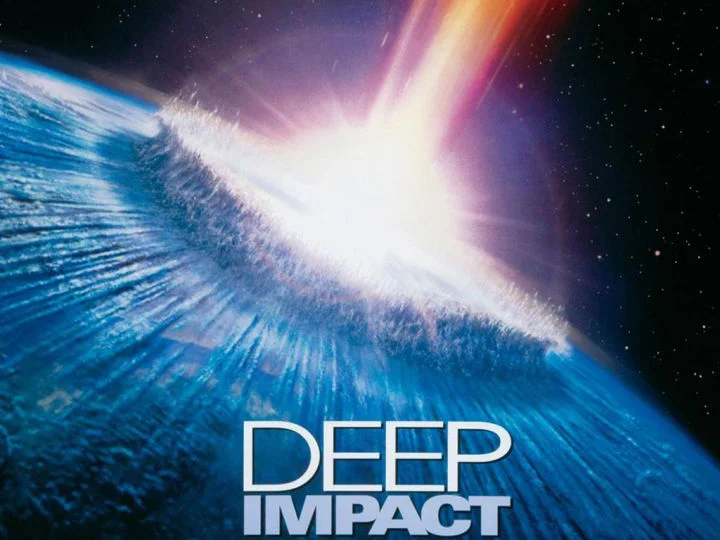
Deep Impact debuted in theaters on May 8, 1998. Directed by Mimi Leder (The Peacemaker), the film is about a comet on a collision course with the planet Earth. Our only hope is to send a space shuttle to intercept it, land on it, dig inside of it, and then blow up the entire thing with nuclear explosives.
Two months later, Armageddon came out on July 1, 1998, and on the surface, it tells a very similar story. In Michael Bay’s version of events, an asteroid is on a collision course with the planet Earth, and our only hope is to send a space shuttle to intercept it, land on it, dig inside of it, and blow the thing up with nuclear explosives. Sounds like pretty much the same film, right?

But watching these movies back to back, at the time and even today, shows that they are completely different experiences. Mimi Leder’s film is a serious drama about the end of the world, which divides its time between the helpless citizens of Earth and the heroic astronauts who venture into space to save us. What’s more, the astronaut’s initial mission fails, and the second half of the movie is dedicated to doomsday survival scenarios in which humanity comes to terms with the inevitability of death. It’s a serious thriller about serious people.
Armageddon, on the other hand, is a ludicrous movie about ludicrous people. In Michael Bay’s version of this tale (co-written by future Star Wars director J.J. Abrams), drilling into the asteroid’s surface is such a monumental task that NASA has to recruit deep sea oil drillers, led by Bruce Willis, to become last-minute astronauts and burrow into the planetoid’s surface. And of course, Willis’s crew mostly consists of immature, macho, womanizing jokesters, played by the likes of Ben Affleck, Owen Wilson, Steve Buscemi and Michael Clarke Duncan.
Of course, that’s only a problem as far as the plot’s concerned. Sending man-children into outer space is Armageddon’s raison d’être, and most of the movie is dedicated to their wacky antics. They train for the mission and hilariously throw up, lose their minds in psychologist’s offices, get metal objects shoved up their posteriors by comic relief nurses, sing adorable together and go to the fanciest strip clubs imaginable.
They’re big kids who get to play with expensive toys, and the movie seems to have been made from that perspective. Michael Bay is also playing with big, fancy toys, and he doesn’t resist any urge to let his imagination run wild. Bruce Willis isn’t just upset that Ben Affleck is sleeping with Willis’s daughter, played by Liv Tyler. He chases Affleck around an oil rig firing a shotgun. And later, Steve Buscemi doesn’t just succumb to space madness, he hops on top of a space gatling gun (which they brought with them for… some reason) and fires indiscriminately at his pals. Nothing is too big, or too ridiculous, for Armageddon.

So it’s easy to see why Armageddon made more money than Deep Impact, since it’s basically an amusement park ride, complete with boorish reprobates yelling in front of you the whole time. Armageddon is escapist entertainment, stylish and outlandish. It has all the positive and negative qualities of spinning yourself in a circle until you barf, while Aerosmith is playing.
Yes, there’s an undeniable appeal to Armageddon, but if you watched it in 1998 that means you are now two decades older. Today, Deep Impact might be more your speed.
Deep Impact takes the same material much more seriously, and for the most part it succeeds. It’s a carefully crafted story that doesn’t announce the destruction of Earth with massive explosions and comedian Eddie Griffin rescuing his dog from a giant hole in the ground (which Armageddon does). The movie begins with Elijah Wood discovering a comet, then an astronomer confirming that it’s on a collision course with Earth, and then the astronomer dying in a car accident. Will Earth find out in time?
Time goes by, and Tea Leoni stumbles across a giant government cover-up designed to prevent widespread world panic. When she learns the truth she nearly has an emotional breakdown. Both of these films are about, potentially, the end of all human life in a possibly hopeless scenario. But whereas in Armageddon the cast spends their time partying and playing sex games with Animal Crackers (it’s just as awkward as it sounds), Deep Impact lets its cast of characters absorb what’s happening, and what is going to happen in the future.
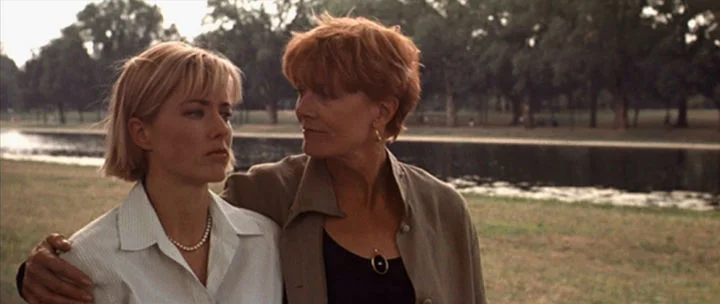
After the mission to stop the comet fails, humanity falls back on Plan B, in which people are selected by national lottery to survive the cataclysm in underground caves (not unlike the plot of Dr. Strangelove). Anyone over the age of 50, who doesn’t have vital expertise, is left out of the drawing, and is doomed to die. Tea Leoni’s mother, played by Oscar-winner Vanessa Redgrave, peacefully decides to end her own life, on her own terms. It’s tragic and has, if you will, a deep impact.
Deep Impact features widespread destruction on the planet Earth, but unlike Armageddon, it reserves its visual effects for important moments, and when the CGI does fill the frame it’s an awe-inspiring tragedy, not an exhilarating thrill ride. The movie lands its emotional punches but isn’t “fun” so much as it is absorbing and thoughtful. It plays a lot like a fantastic TV mini-series about doomsday, with a sprawling cast and smart writing and great visual effects.
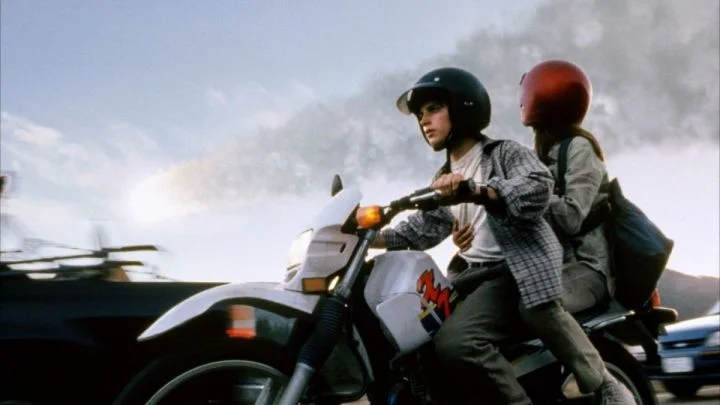
The question we asked then, and the question we ask now is… which film is better? And the answer mostly relies on what you’re looking for. If you want a dumb, overblown disaster spectacle (and who doesn’t, every once in a while?), then Armageddon still has the power to entertain, if only ironically. But if your tastes have matured a bit since 1998, you will probably find that Deep Impact is a more satisfying motion picture experience, with gravitas and suspense that Armageddon just can’t match.
Deep Impact is still a big blockbuster, and it’s still kinda silly (Elijah Wood outruns a tidal wave on a motorcycle for crying out loud), but it stands the test of time better than Armageddon, which plays now like a very entertaining relic of the 1990s that couldn’t, and probably shouldn’t, be replicated today. If Geostorm can’t find an audience, then we’ve apparently more-or-less moved on from that kind of cinema. And yet Deep Impact would still probably be effective, with a great cast and an intriguing storyline and the kind of emotional depth we can all appreciate.
With that settled, I guess there’s only one more question: Dante’s Peak vs. Volcano – which volcano movie was more explosive? But that, dear readers, is a subject for another time…
Images from the show
